Dr. Nguyen Dinh Vinh, lecturer and researcher atFPT University Can Tho, is a scientist who has studied and researched in Korea for many years. Starting to study, research and work in the field of AI since 2010, Dr. Nguyen Dinh Vinh has a total of 56 articles, of which 16 are in ISI/Scopus Q1 journals, and has 3 patents in Korea.
Mr. Nguyen Dinh Vinh graduated from Electrical and Computer Engineering, Sungkyunkwan University, Korea (Photo: FPT).
His story has brought many things to ponder about passion, conditions for pursuing science and the happiness of inspiring students.
As a scientist with many years of studying and researching in Korea, what do you hope to achieve when you return to Vietnam to build your career and pursue your passion for research?
- After completing my PhD, I worked as a researcher in Korea for 4 years. My supervisor advised me to stay in Korea or go to the US for better development conditions. However, I decided to return to Vietnam because I realized that the policy environment as well as the potential for learning and research of Vietnamese people is very large, especially in the field of computer science.
I think the most important thing for a PhD in his research career is to maintain the flame of passion. Because without passion, it is very difficult to persevere with scientific research. There are problems that seem to be solved in 1 month, but in reality it takes up to 1 year. Passion helps to persevere and overcome challenges.
However, passion alone is not enough, you also need a favorable environment, especially supportive policies, to realize your passion. Luckily, I found a place that not only encourages research, but also truly empowers young scientists.
Dr. Vinh excitedly shared about his love for scientific research (Photo: FPT).
What exactly is the enabling environment and supporting policies?
- It is the flexibility in research and teaching time, the freedom to be creative, and to participate in solving practical problems. I must say that FPT University's policies for PhDs are very practical.
First, we are assigned 20-30% for teaching, the remaining 70-80% is for research. For me, this is an ideal ratio. If I spent 100% of my time on research in the lab, I probably wouldn't feel fulfilled. Because, through teaching, I want to be able to share knowledge and inspire students through class hours.
Good policy - an extended arm to help lecturers feel secure in their research (Photo: FPT).
Second, PhDs enjoy comprehensive support policies: from research funding, international article awards, to housing and transportation support - seemingly small things that make a big difference, helping us "settle down" and pursue our passion.
Third and very important is the research model ordered by businesses. This makes PhD research not just on paper but always has practical value, solving practical problems.
Can you share more details about the research “ordering mechanism”? What specific problems have you implemented according to business needs?
- First of all, it is necessary to affirm that the “ordering” model brings a close relationship between schools and businesses. When businesses have a practical problem, they seek advice from experts and scientists. With our expertise, we will study the problem that businesses encounter and propose solutions. This process ensures the harmony of interests between academic research and practical application.
I have done two such projects. The first one was to build a large language model to support students at an education company. They wanted to create a virtual assistant for each student, based on personal information, to suggest a suitable learning path.
The second topic involves a materials manufacturing company that wants to apply artificial intelligence to optimize production processes, detect damage, or improve customer experience.
These topics not only create quality scientific products but also solve practical problems, bringing value to both schools and businesses. This helps to strengthen the cooperative relationship between schools, businesses and lecturers, bringing benefits to all three parties.
FPT University students during a business field trip (Photo: FPT).
I studied and worked in Korea. The model of a university inside a business like FPT is very similar to Korea. There, each university usually has a business behind it, ordering practical problems for lecturers and students to solve together. This not only helps develop science but also supports businesses and contributes to society.
Besides research, what about your job makes you happy?
- At first, I thought I would only focus on research. But since interacting with students, I realized that I am very happy to be able to pass on the passion for science to them.
I was very touched when there were times when it was 2am and I still received messages from students, sharing: "Teacher, I have improved the deep learning model" or a friend confided to me "After studying your subject, I decided to pursue a research career". Those are truly priceless rewards for a scientist like me.
The moment teachers and students beamed on graduation day (Photo: FPT).
With what you shared, perhaps the saying "every day at school is a happy day" is not only true for students but also for PhD lecturers like you?
- That's right. Every day at school is not just a job for me, but an opportunity to pass on the passion and learn from the energy of young people. When I hear students say "Teacher, I want to do scientific research", I feel really happy.
Source: https://dantri.com.vn/giao-duc/tien-si-9x-hanh-phuc-khi-2-gio-sang-nhan-tin-nhan-em-muon-nghien-cuu-khoa-hoc-20250820103250247.htm



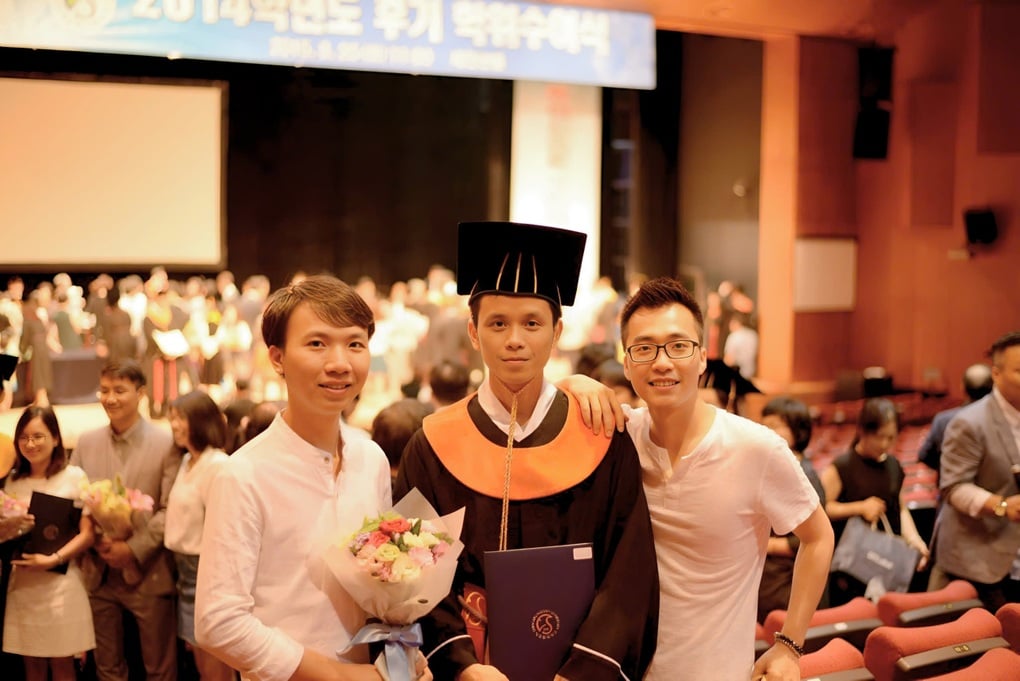



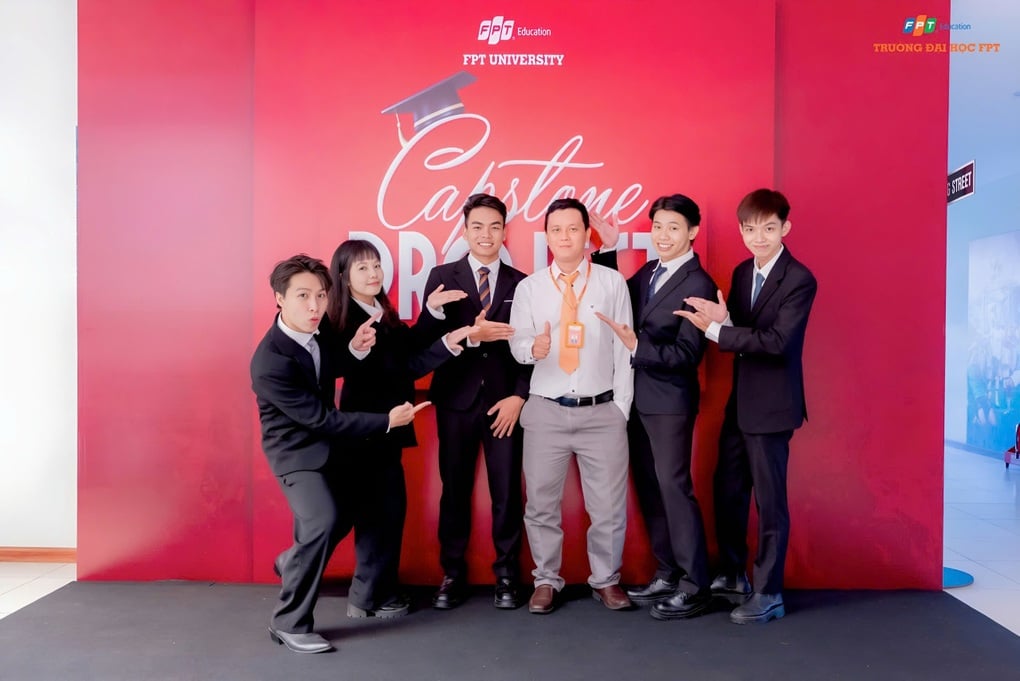
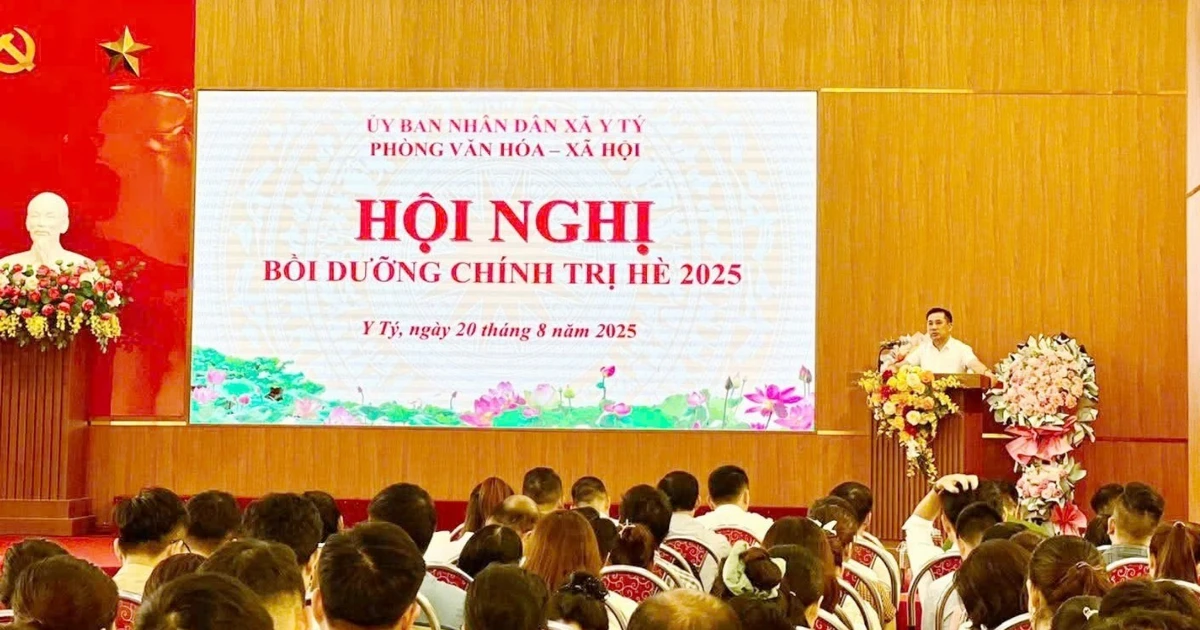
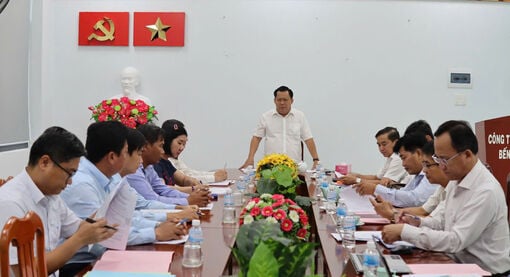

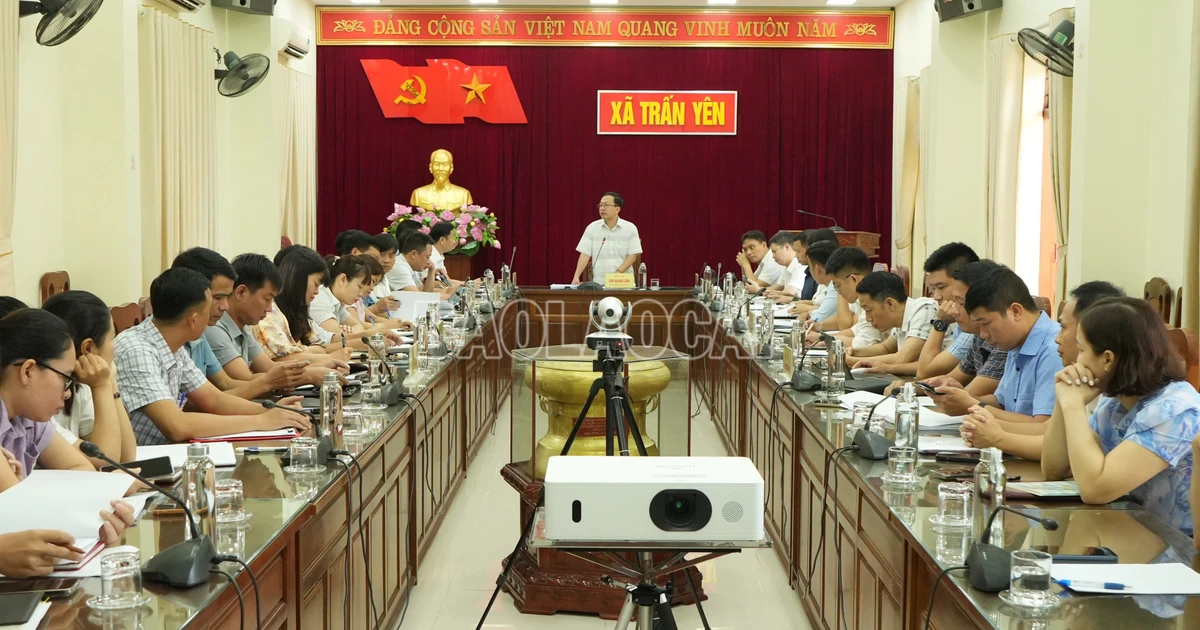

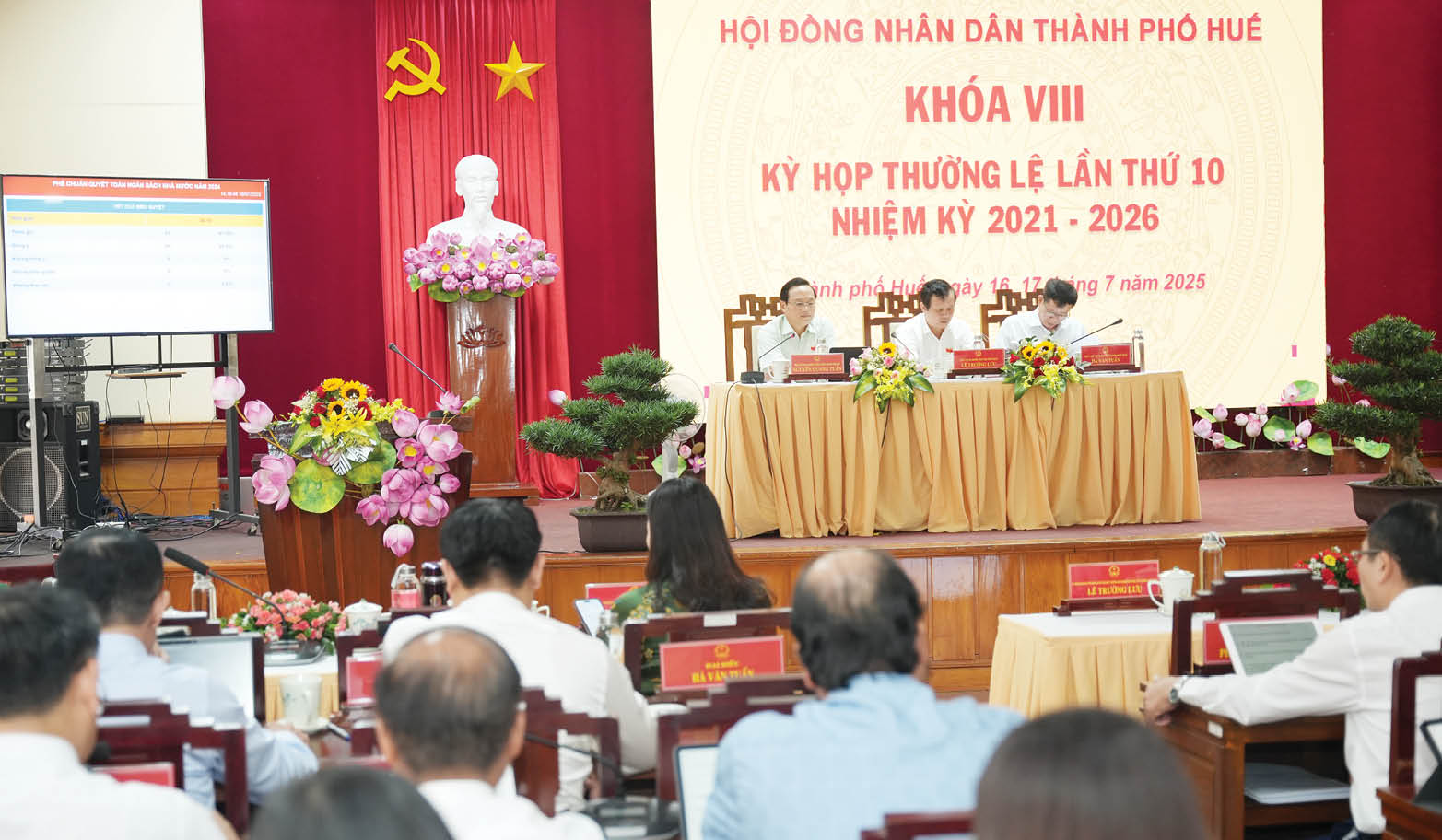

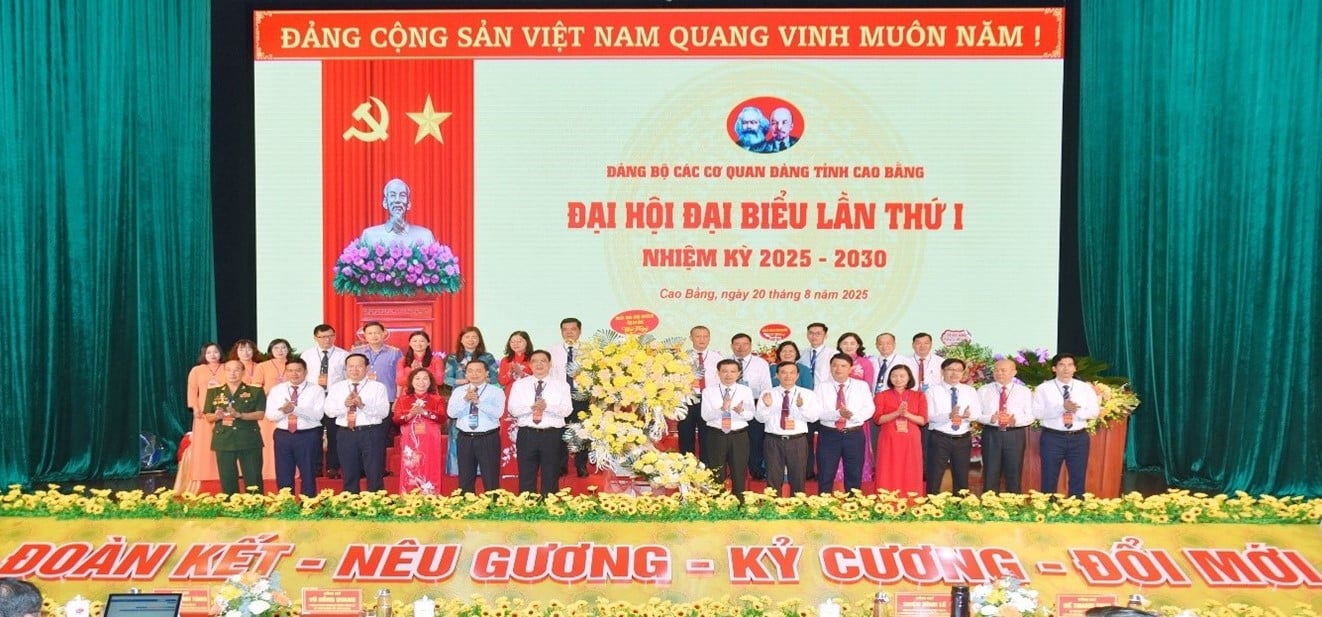
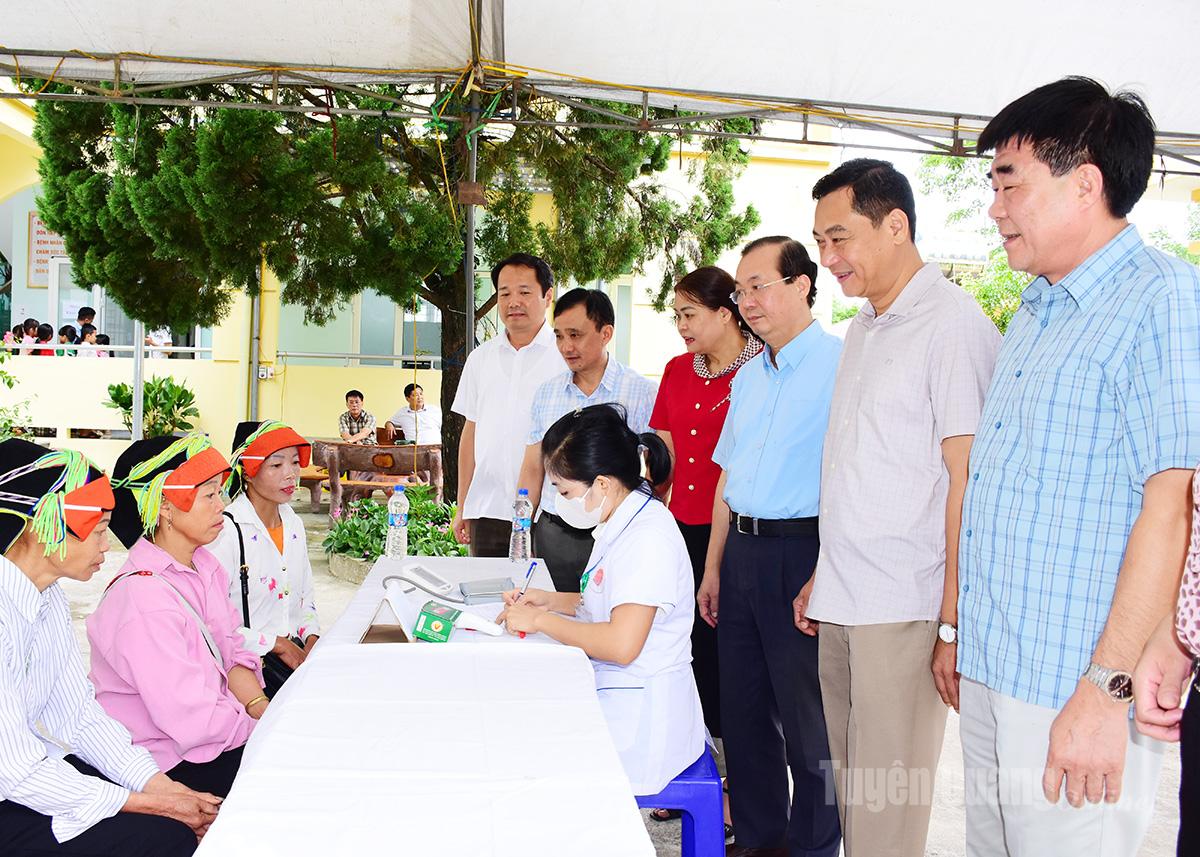














![[Photo] Politburo works with Standing Committees of Lang Son and Bac Ninh Provincial Party Committees](https://vstatic.vietnam.vn/vietnam/resource/IMAGE/2025/8/20/0666629afb39421d8e1bd8922a0537e6)


![[Photo] An Phu intersection project connecting Ho Chi Minh City-Long Thanh-Dau Giay expressway behind schedule](https://vstatic.vietnam.vn/vietnam/resource/IMAGE/2025/8/21/1ad80e9dd8944150bb72e6c49ecc7e08)


![[Photo] Prime Minister Pham Minh Chinh receives Australian Foreign Minister Penny Wong](https://vstatic.vietnam.vn/vietnam/resource/IMAGE/2025/8/20/f5d413a946444bd2be288d6b700afc33)



















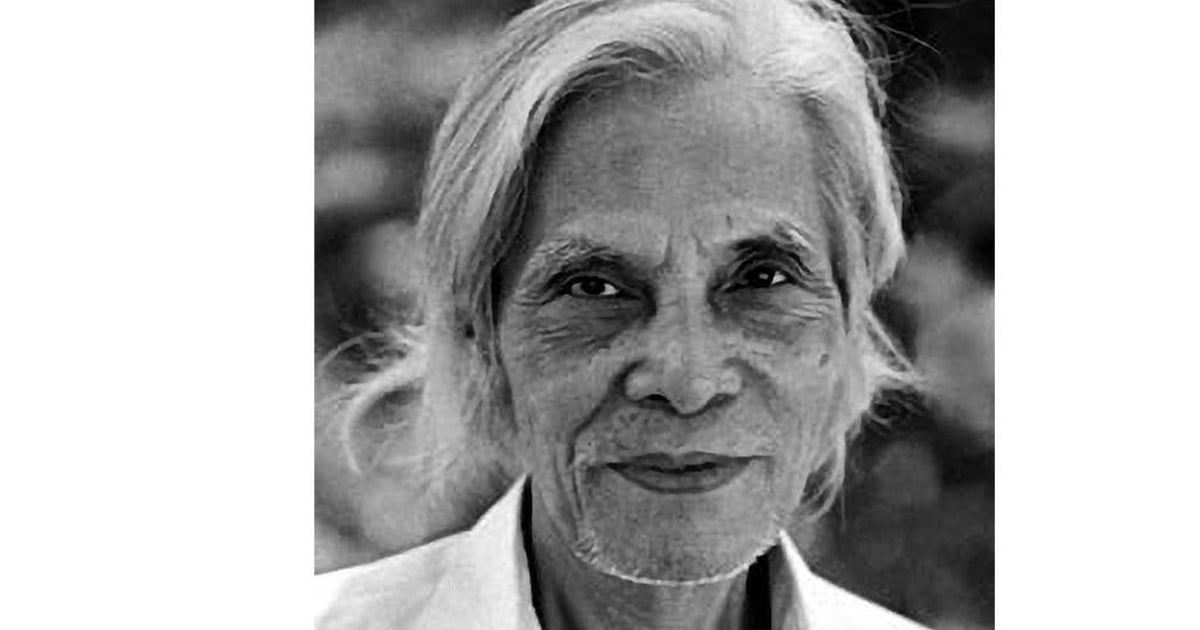
















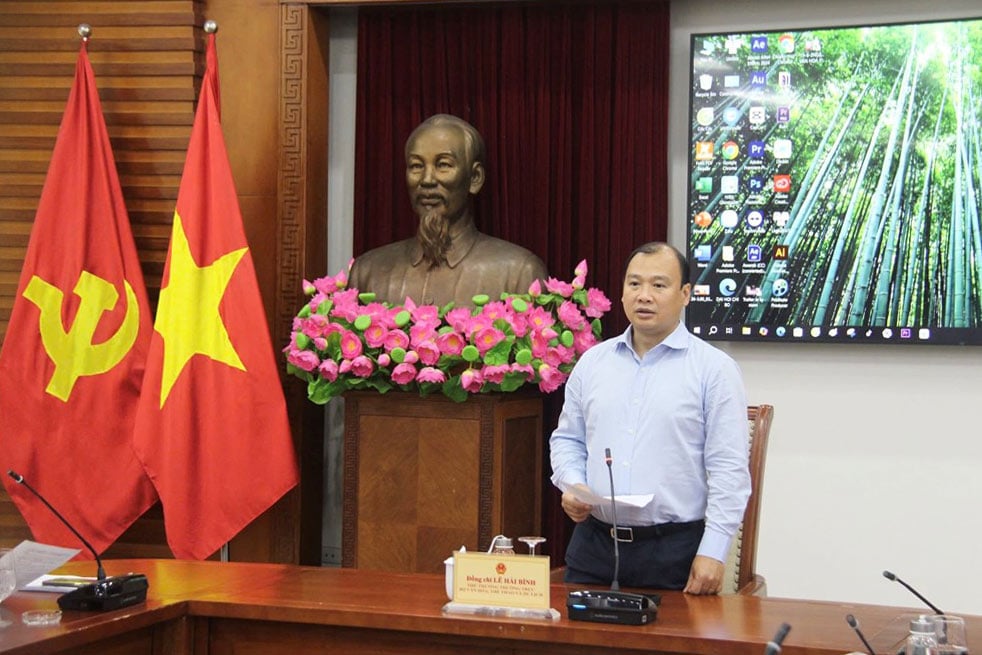

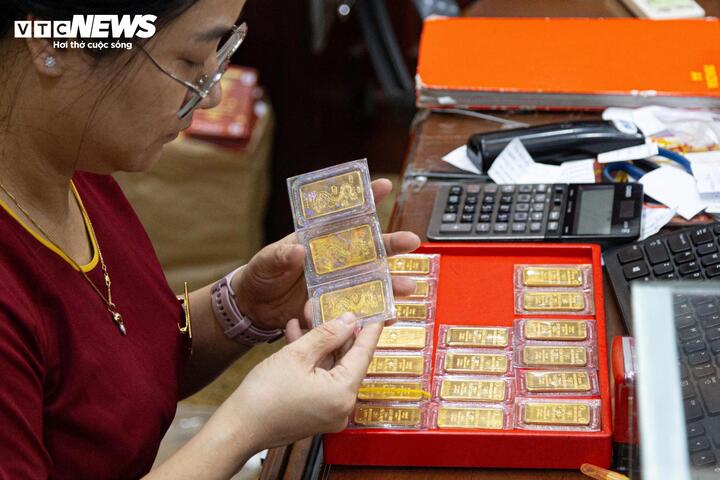


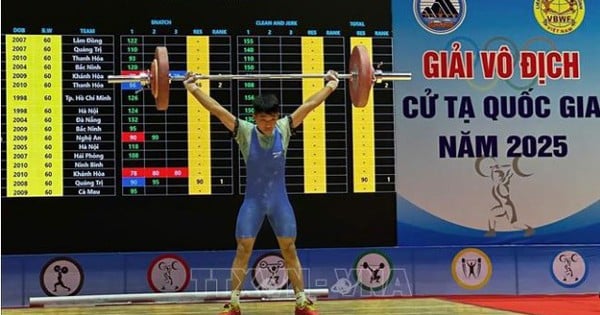



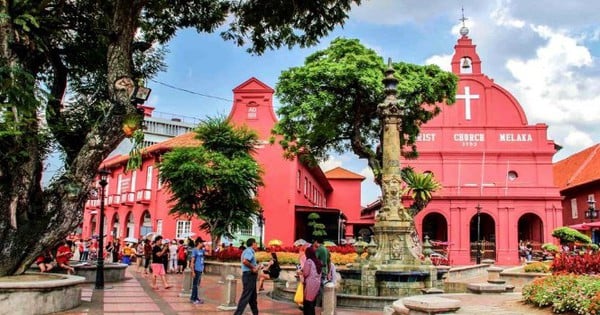























Comment (0)